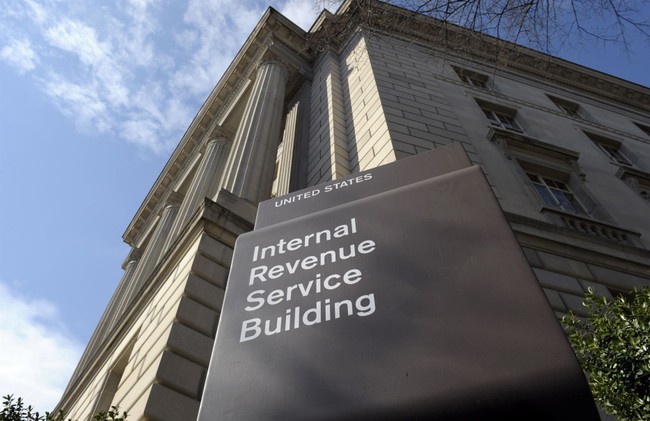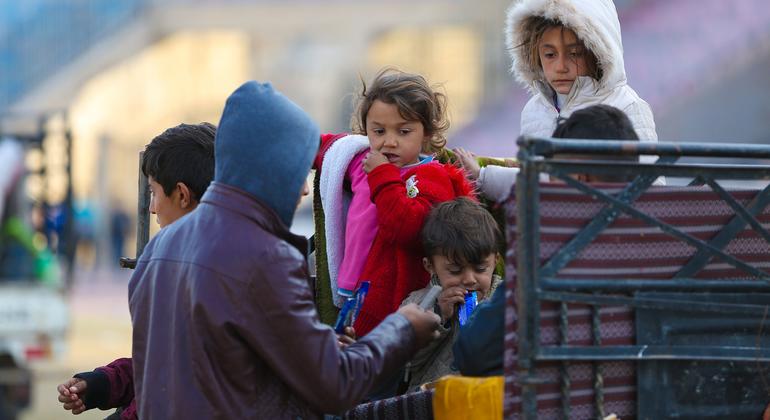With the public confession and apology of several Capitol Hill rioters at the Jan 6 hearings, a question of reconciliation has surfaced.
The unravelling of democracy brings profound philosophical questions. Are there some differences that can’t be resolved at the ballot box? How can citizens be de-radicalised? What crimes are unforgiveable, and what should a country in search of unity let slide?
This last question has been rattling around my brain ever since Stephen Ayres, who pleaded guilty last month to disorderly conduct in connection with the assault on the United States Capitol, stopped on his way out of the January 6 hearing to offer hugs and apologies to four of the police officers injured during the attack.
Did the cops forgive him? Officer Harry Dunn, who tried to engage the rioters in a discussion but instead received a stream of racial epithets, did not. As Dunn made clear on Twitter and in post-hearing TV interviews, while he “acknowledged” the apology, accepting it would take some time. “Good for him for apologising. But … he owed an apology to the entire world, to the entire American democracy, to the American people … and he needs to be held accountable.”

Read more about the January 6 hearings on the Capitol Hill riots.
Already a subscriber? Log in to keep reading.
Or, register your email address for a FREE 21-day trial.












.png?itok=SPEjT6FZ)








Discussion about this post